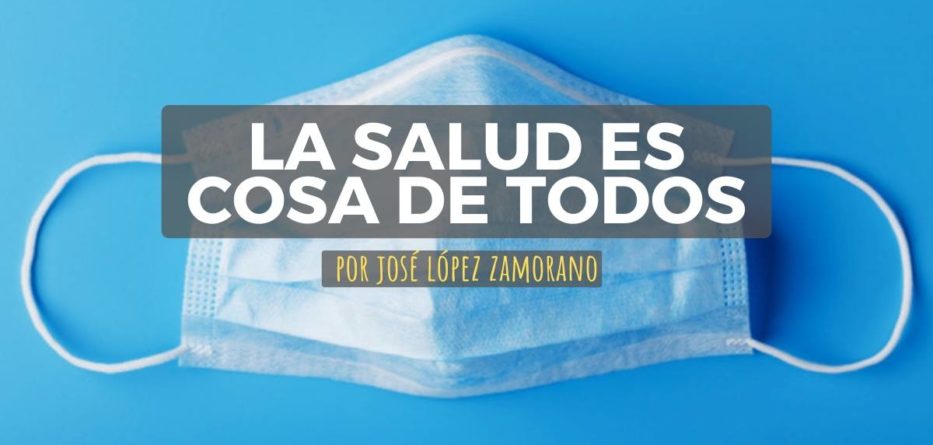The figures from the Centers for Disease Control and Prevention (CDC) should undoubtedly be a wake-up call: Latinos represent just over 18% of the United States population, but so far We accounted for 27.3% of deaths from the COVID-19 pandemic, according to a CDC “weighted” statistical measurement as of April 21.
In California, where Latinos represent less than 40% of the population and many perform absolutely essential jobs in key sectors like agriculture, percentage weighted deaths from COVID-19 is 45.8% of the population, compared to 28.8% of deaths among non-Hispanic whites, according to the CDC.
The CDC decided to do “weighted” measurements in this case, and not just a simple count of deaths, in order to take into account the actual distribution of different ethnic groups and races throughout the territory, in order to determine if some of them experience a charge disproportionate mortality due to COVID-19.
The uneven impact of COVID-19 for Latinos extends across the country, even in states relatively depopulated and traditionally non-Latino. The worst thing is that it is also a undercount, as deaths of Latinos who did not seek medical attention have been documented for lacking health insurance or for being undocumented and fearing their deportation.
Sad paradox: For doing essential, high-risk jobs, like in the fields, meat packers, emergency services, cleaning… Latinos are falling at disproportionately tragic rates.
Structural factors of health inequity are added to the devastating panorama: the deficit endemic for medical coverage that makes us the most unprotected ethnic group, which has Health diagnosis of a key community complicated, but with chronic conditions such as diabetes, obesity, and hypertension at higher rates than other ethnic or racial groups.
If to the above we add an unemployment level above the national average and the fact that we work in sectors with depressed wages, little or no social benefits and high risks in the workplace, we have the storm clouds of a perfect storm.
It is absolutely understandable that the federal authorities are focused on serving and seek to resolve the complexity of an unusual pandemic, but a fundamental part of that effort is to have an inclusive, generous rescue plan and deploy an urgent strategy of outreach communication to the most vulnerable and needy communities such as occurred during the spread of HIV.
The message should be that individual health is collective health and encourage communities to fearlessly approach the medical resources at your fingertips, including community clinics and hospitals, and raise awareness of the importance of good personal protection practices and social distancing. In other words, make it clear that public policies must reflect an evident reality: that we all need each other more than ever.
For more information visit Hispanic Communications Network / La Red Hispana at LaRedHispana.org.






